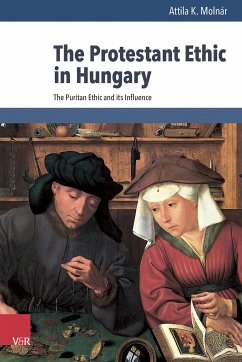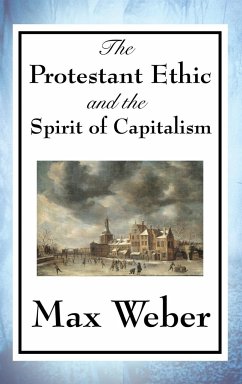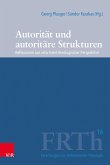While in the 16-17th centuries about the two thirds of the Hungarians belonged to the Reformed Church, the presence of the "spirit of capitalism" and the "protestant ethic" is rather questionable. The Calvinists did not play a different or decisive role in the capitalization process of Hungary at the end of the 19th century. The historical analysis focuses on the puritan doctrines can be found in the religiosity of Hungarian puritans and Reformed people in the 17th century. The "Hungarian Protestant ethic" differs from Weber's ideal-type in two respects: the Hungarian version is more pietistic, less activist; and it seems to have less practical influence in everyday life because of the weak religiosity. The Hungarian case does not refute Weber's thesis, but it call the attention to two important parts of historical analysis: the reinterpreting, selecting procedure in social context; and the intensity of religiosity.
Hinweis: Dieser Artikel kann nur an eine deutsche Lieferadresse ausgeliefert werden.
Hinweis: Dieser Artikel kann nur an eine deutsche Lieferadresse ausgeliefert werden.








